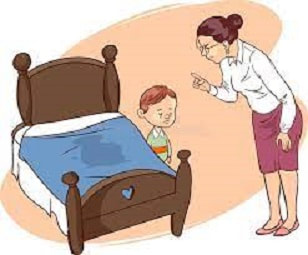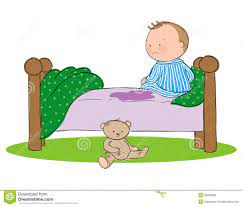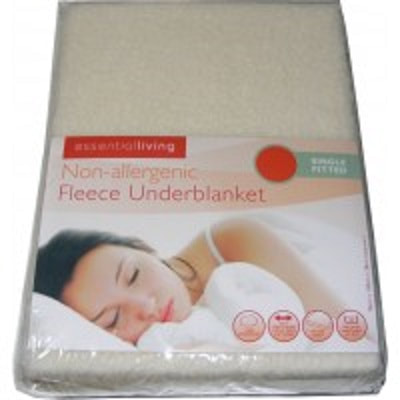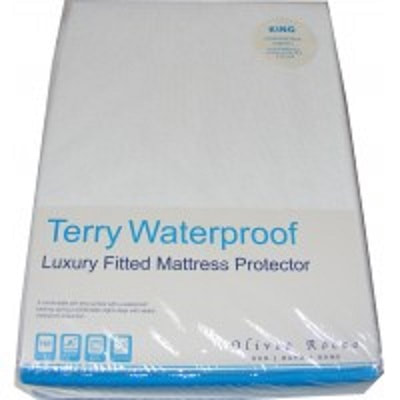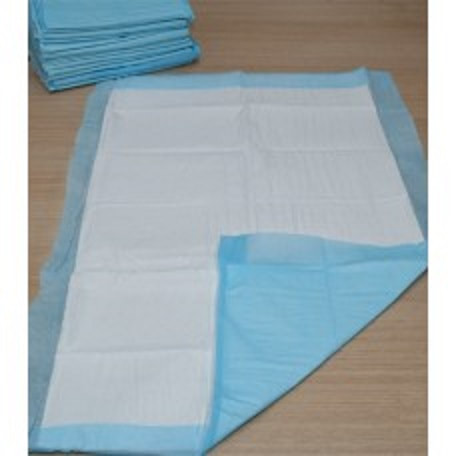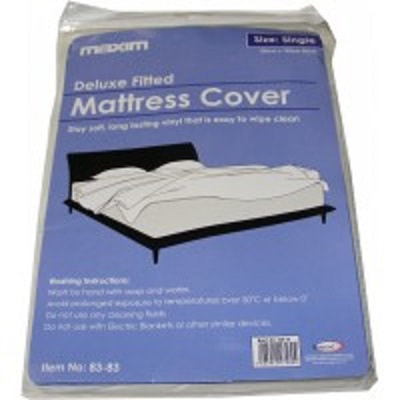Help your child with Autism and ADHD To Stop Bed Wetting
Bedwetting is common among children with Autism and ADHD
- Children and teens with autism and ADHD tend to have more sleep problems,
- They tend to be more anxious about bedtime and sleeping.
- Potty training in general is more difficult for children with autism,
- Conditions such as epilepsy, asthma or sleep apnea may be contributing to bedwetting.
- Nightmares and night terrors may be part of the reason
- Autistic children may have more restless sleep because they may be rolling their bodies or heads or even head banging while trying to fall asleep or during their sleep.
- Once a child has fallen asleep, they could be in deep sleep for longer periods and not receive the message that their bladder is full.
- Some medications also can cause bedwetting.
Reasons To Help Your Child Stop Bed Wetting
Longer term bedwetting can cause Emotional and Mental Turmoil for your child and For You As Parents.
You can support them and help them find ways to help reduce or stop bedwetting.
You can support them and help them find ways to help reduce or stop bedwetting.
Decrease Their Embarrassment From Bed Wetting
For most children, it’s embarrassing and uncomfortable to wake up in a soggy bed. It also requires additional clean up –
Bedwetting tends to be a family’s secret, and it can weigh on both the child and parents.
Bedwetting tends to be a family’s secret, and it can weigh on both the child and parents.
Reduce Stress In Your Home
Having a child with autism and ADHD is stressful in so many ways.
Bedwetting adds to that stress.
Eliminating bedwetting can help alleviate some stress in your home.
Bedwetting adds to that stress.
Eliminating bedwetting can help alleviate some stress in your home.
Increase your child’s Self-Esteem
Bedwetting can impact your child’s self-esteem. Helping them to beat bedwetting can help boost how they feel about themselves.
Help Your Child Sleep Better
When your child finally does wake up in the middle of the night or early morning, they often have problems going back to sleep because their bed is wet.
Help your child by having layers of waterproof pads and towels so that they have a dry bed underneath.
Help your child by having layers of waterproof pads and towels so that they have a dry bed underneath.
Decrease your child’s Anxiety At Bedtime
Bedtime can be an anxious time for children with autism and ADHD, and the fear of bedwetting can add to that anxiety.
By Stopping bedwetting you can help ease some of that anxiety.
Change daytime and evening habits to decrease bedwetting
By Stopping bedwetting you can help ease some of that anxiety.
Change daytime and evening habits to decrease bedwetting
Change Daytime and Evening Habits
You can you help your child with autism and ADHD stop bed wetting By Changing Daytime and Evening Habits .
Try These Daytime Habit Changes:
- Encourage your child to be physically active during the day. Active play and exercise can help.
- Be intentional about the time of your dinner and make sure it is at a time when it’s not too early that it leaves your child hungry at night but not too late that your child will still be actively digesting it when they go to bed.
- Avoid giving caffeine to your child or teen in the evening. This could affect their ability to fall asleep.
- Don’t let your child take a long daytime nap if they are over age 5.
- Be sure your child is using the toilet during the day and not holding it. Chronic constipation is the primary reason why children wet their beds, so it’s important that they don’t hold in their stool.
- The pressure from the stool can cause them to urinate in their sleep.
- If your child has difficulty eliminating stool, you may need to talk to their doctor about medications or other treatments available to help.
Consider These Evening Habit Changes:
- Limit the amount of liquid or food (especially salty foods and sugary drinks) your child has in the evening.
- Encourage your child to relax before bed and not do any activities that make them wound up or too active.
- Establish a consistent bedtime routine that will give your child’s brain clues that it’s time to go to sleep.
- Have them use the bathroom/toilet at least twice before they go to bed.
- They can do this right before the bedtime routine and then before they get in their bed to go to sleep.
Make sure their sleep environment is conducive to sleeping well
These changes may take a few weeks to make a difference, but they can help with reducing bed wetting.
Sometimes, these changes alone can stop the bed wetting.
Physical Tools to Manage Bed Wetting
Mattress Protector and Waterproof Pads and Towels
If you are a mum or dad who is searching for bed wetting solutions, you will be happy to know that there are quite a few effective techniques which have been proven to stop bed wetting forever.
Using things such as Mattress Liners And Mattress Potectors Will Help Make Your Llfe Easier.
Waterproof Mattress Protectors, Disposable Bed pads, Washable Bed Pads, Thermal Under Blankets and Pillow Protectors are manufactured by a dedicated online supplier of 3 different types of fitted waterproof mattress protectors ranging from simple vinyl plastic cover to woven polypropylene protectors and Terry Towel mattress protectors.
All mattress covers are available in Single, Double and King Size. The Terry toweling mattress covers are an excellent choice for regular bed wetting because they are fully machine washable and hard-wearing.
So………...What Are You Waiting For……………..Your Search For Bed Wetting Solutions
Can Now Be Put To Sleep…………….
© copyright www. autism-parenting-support.com 2023





